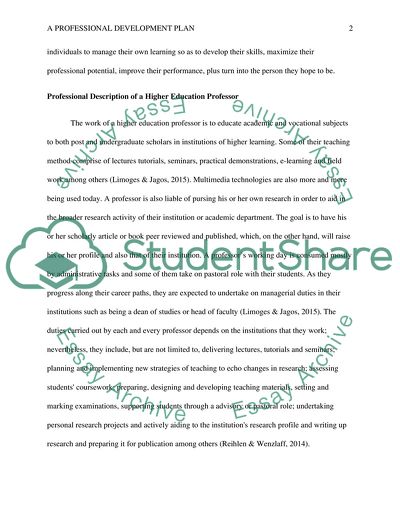Cite this document
(“A Professional Development Plan Scholarship Essay”, n.d.)
A Professional Development Plan Scholarship Essay. Retrieved from https://studentshare.org/education/1701984-a-professional-development-plan
A Professional Development Plan Scholarship Essay. Retrieved from https://studentshare.org/education/1701984-a-professional-development-plan
(A Professional Development Plan Scholarship Essay)
A Professional Development Plan Scholarship Essay. https://studentshare.org/education/1701984-a-professional-development-plan.
A Professional Development Plan Scholarship Essay. https://studentshare.org/education/1701984-a-professional-development-plan.
“A Professional Development Plan Scholarship Essay”, n.d. https://studentshare.org/education/1701984-a-professional-development-plan.


